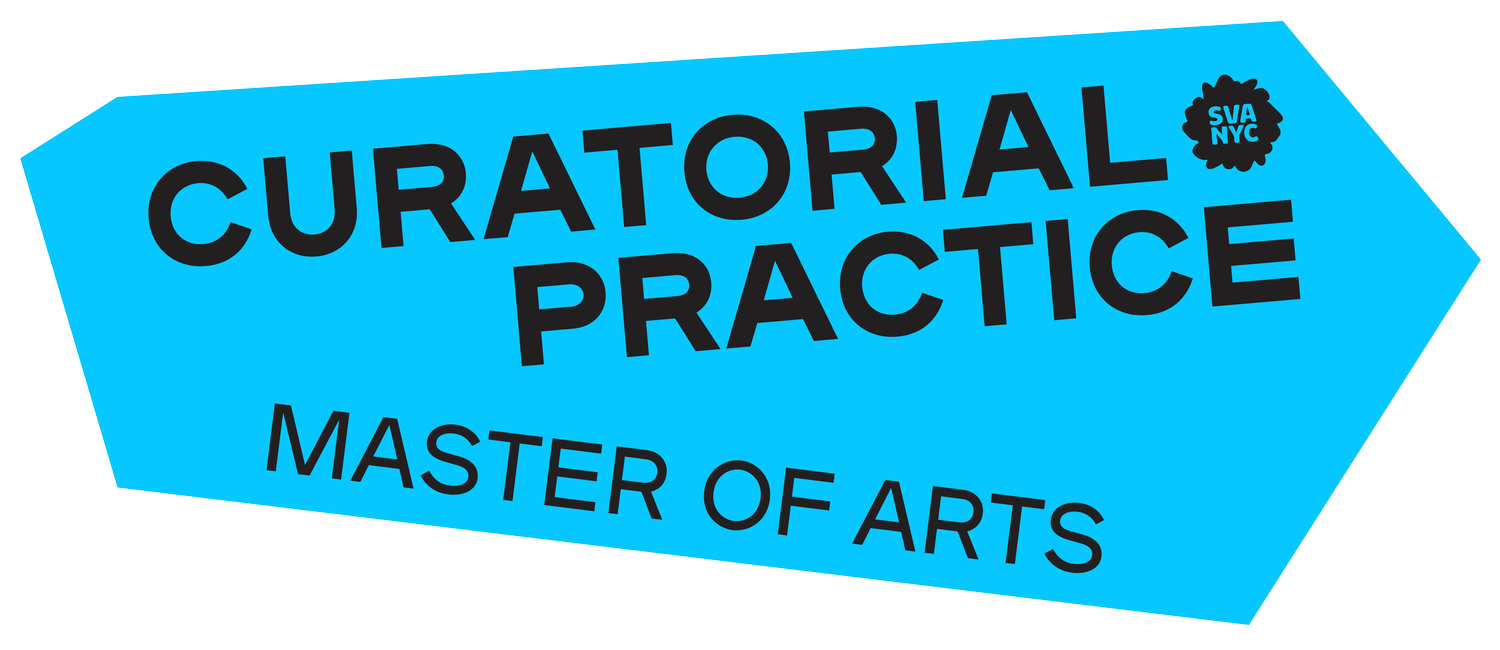Virtually Perfect
Curated by Kevin Wu
Artists: Moko Fukuyama, Yifan Jiang, Cai Minhao, Wang Changcheng
March 2021
No perfect circle exists in the material world.
And there is no perfect English counterpart to the Chinese word “yuánmǎn” (hanzi: 圆满, literally: circular-full). Although the adjective is frequently translated as “perfect,” it signifies a kind of “perfection” that is modest, compromised, subjectified; a “perfection” founded upon the resignation that actual perfection is unattainable, anyway. “Yuánmǎn” points to the satisfactorily “perfect”—an approximation or simulation of perfection—not unlike the moon as we imagine it as a luminous little disk, our mind smoothing out its craters, cracks, and cliffs. It seems that humanity’s enlightenments are always accompanied by disenchantments. Certain notions of truth and progress have deepened our estrangement from the perfect, the ideal, the beautiful. Perfection does not exist in the material world, we’re told. We may only invoke it again as a fantasy, a longing. However, our yearnings persist. When the laws of our “reality” no longer permit the “yuánmǎn,” we turn to parallel universes, even if we’re fully aware that they are “virtual”—our constructs of make-believe. But, perhaps, “virtual” is only a label we assign to realities that we have yet to actualize. The “virtual” conveys potentiality that points to an outside to our “reality.” Virtual Perfection—a subject as broad and abstract as it can get. But it could also manifest itself in specific, personal, or even mundane ways.



